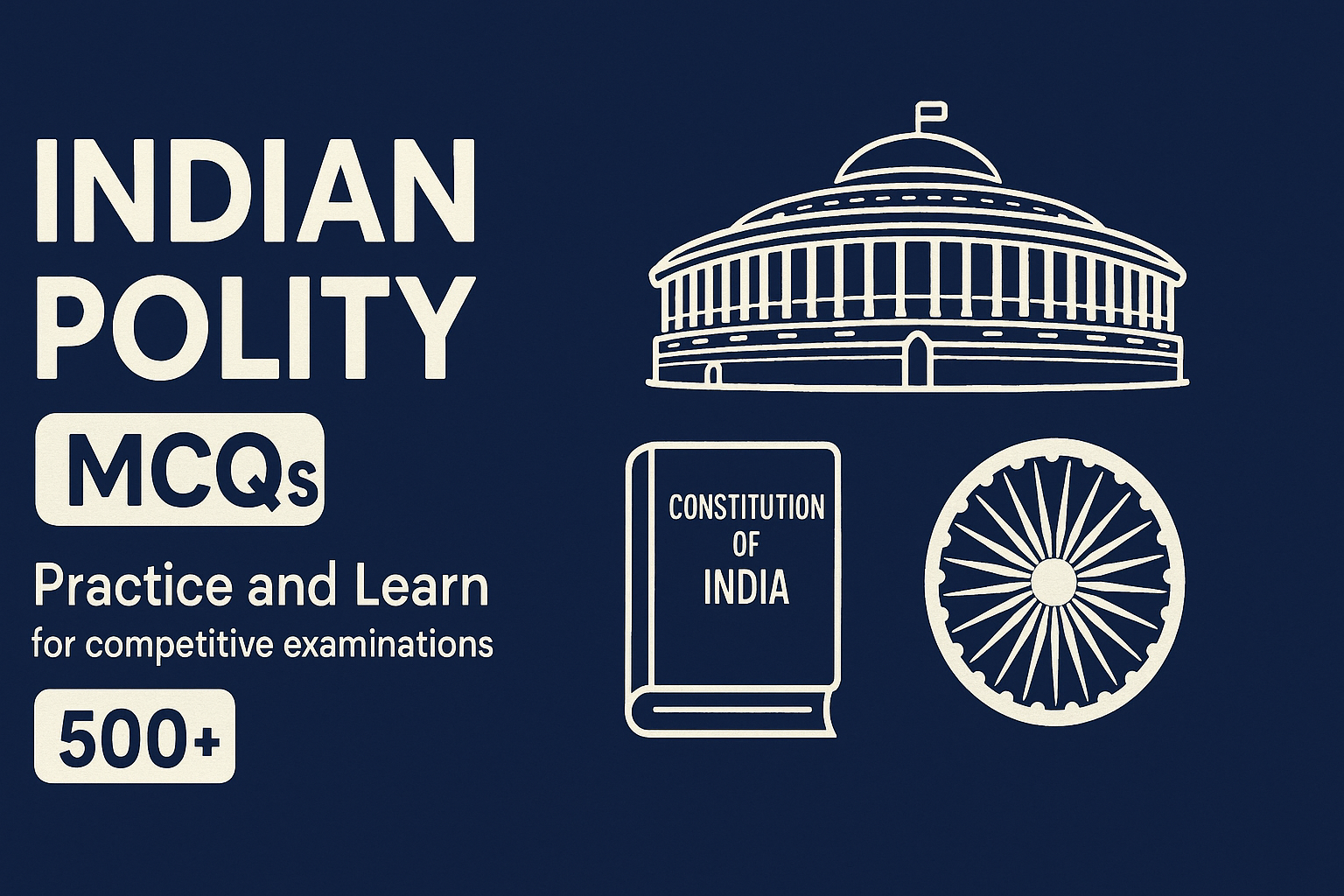
MCQ on Constitution of India and Indian Polity
Who can impose reasonable restrictions over fundamental rights?
Judge of the district courts are appointed by:
The Vice-President is:
In the Constitution of India, promotion of international peace and security is included in the:
The ideal of 'Welfare State' in the Indian Constitution in enshrined in its:
Which Article of the Constitution of India guarantees to all citizens the freedom of speech and expression ?
Which Schedule of the Constitution of India distributes power between the Union and the States ?
Power to grant pardons are enjoyed by which of the following constitutional authorities ?
Executive power of the state is bestowed on the Governor by which article of the Indian Constitution ?
The first State in India to be formed on linguistic basis is:
